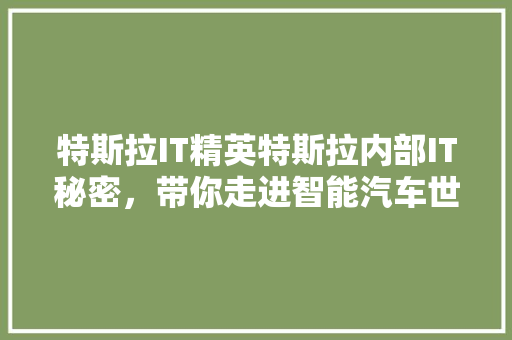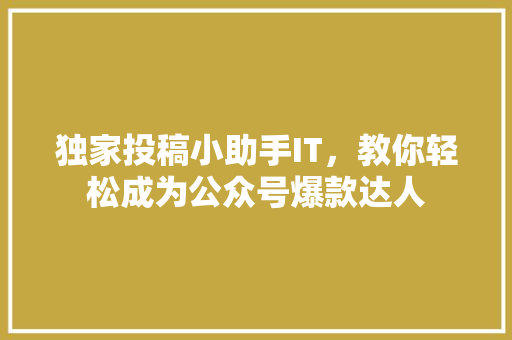In the rapidly evolving digital era, digital literacy has emerged as a crucial skill for individuals to thrive in the modern world. This article aims to explore the importance of digital literacy, its impact on various aspects of life, and the steps individuals can take to enhance their digital literacy skills.
I. Introduction

Digital literacy refers to the ability to locate, evaluate, use, and create information using digital technologies. With the increasing reliance on digital devices and platforms, digital literacy has become a necessity rather than a luxury. It enables individuals to navigate the digital world, make informed decisions, and participate actively in the global community.
II. The Importance of Digital Literacy
2.1 Access to Information
In the age of information, digital literacy plays a vital role in accessing and utilizing information. With the internet providing a vast repository of knowledge, individuals can stay updated with current events, research findings, and educational resources. Digital literacy empowers individuals to critically evaluate information, distinguish between credible and unreliable sources, and make well-informed decisions.
2.2 Economic Opportunities
Digital literacy opens up numerous economic opportunities for individuals. In today's job market, many positions require basic digital skills such as proficiency in Microsoft Office, web design, and data analysis. Moreover, digital literacy enables individuals to start their own businesses, market their products or services online, and reach a global audience.
2.3 Communication and Collaboration
Digital literacy enhances communication and collaboration among individuals. With the advent of social media, email, and instant messaging platforms, people can connect with others across the globe in real-time. Digital literacy enables individuals to effectively communicate their ideas, collaborate on projects, and build professional networks.
2.4 Personal Development
Digital literacy contributes to personal development by fostering critical thinking, problem-solving, and creativity. Individuals can explore new interests, acquire new skills, and engage in lifelong learning through online courses, forums, and educational platforms. Digital literacy also helps individuals develop digital citizenship, which involves respecting others' rights, adhering to ethical standards, and participating responsibly in the digital community.
III. The Impact of Digital Literacy on Society
3.1 Education
Digital literacy has revolutionized the education sector. Online learning platforms, educational apps, and digital textbooks have made education more accessible and flexible. Digital literacy enables students to engage in interactive learning experiences, collaborate with peers, and develop critical thinking skills.
3.2 Healthcare
Digital literacy has improved healthcare delivery by facilitating telemedicine, electronic health records, and patient portals. Individuals can access medical information, schedule appointments, and communicate with healthcare providers online. Digital literacy also enables healthcare professionals to share knowledge, collaborate on research, and provide better patient care.
3.3 Governance
Digital literacy plays a crucial role in governance by promoting transparency, accountability, and citizen engagement. Governments can use digital platforms to communicate with citizens, gather feedback, and provide public services. Digital literacy empowers citizens to participate in democratic processes, hold authorities accountable, and contribute to the development of their communities.
IV. Enhancing Digital Literacy Skills
4.1 Education and Training
Education institutions should incorporate digital literacy into their curricula to prepare students for the digital world. Governments, non-profit organizations, and private sector entities can offer training programs and workshops to enhance individuals' digital literacy skills.
4.2 Continuous Learning
Individuals should embrace a mindset of continuous learning and stay updated with the latest digital trends and technologies. Online courses, webinars, and workshops can help individuals acquire new skills and stay competitive in the digital era.
4.3 Collaboration and Networking
Collaborating with others and networking in the digital community can enhance digital literacy skills. Individuals can share knowledge, learn from others, and stay motivated to improve their digital literacy.
V. Conclusion
Digital literacy is a vital skill in the modern world, enabling individuals to navigate the digital landscape, access information, and participate actively in various aspects of life. As the digital era continues to evolve, it is essential for individuals, governments, and organizations to prioritize digital literacy and work together to enhance this crucial skill. By doing so, we can create a more informed, connected, and prosperous society.






